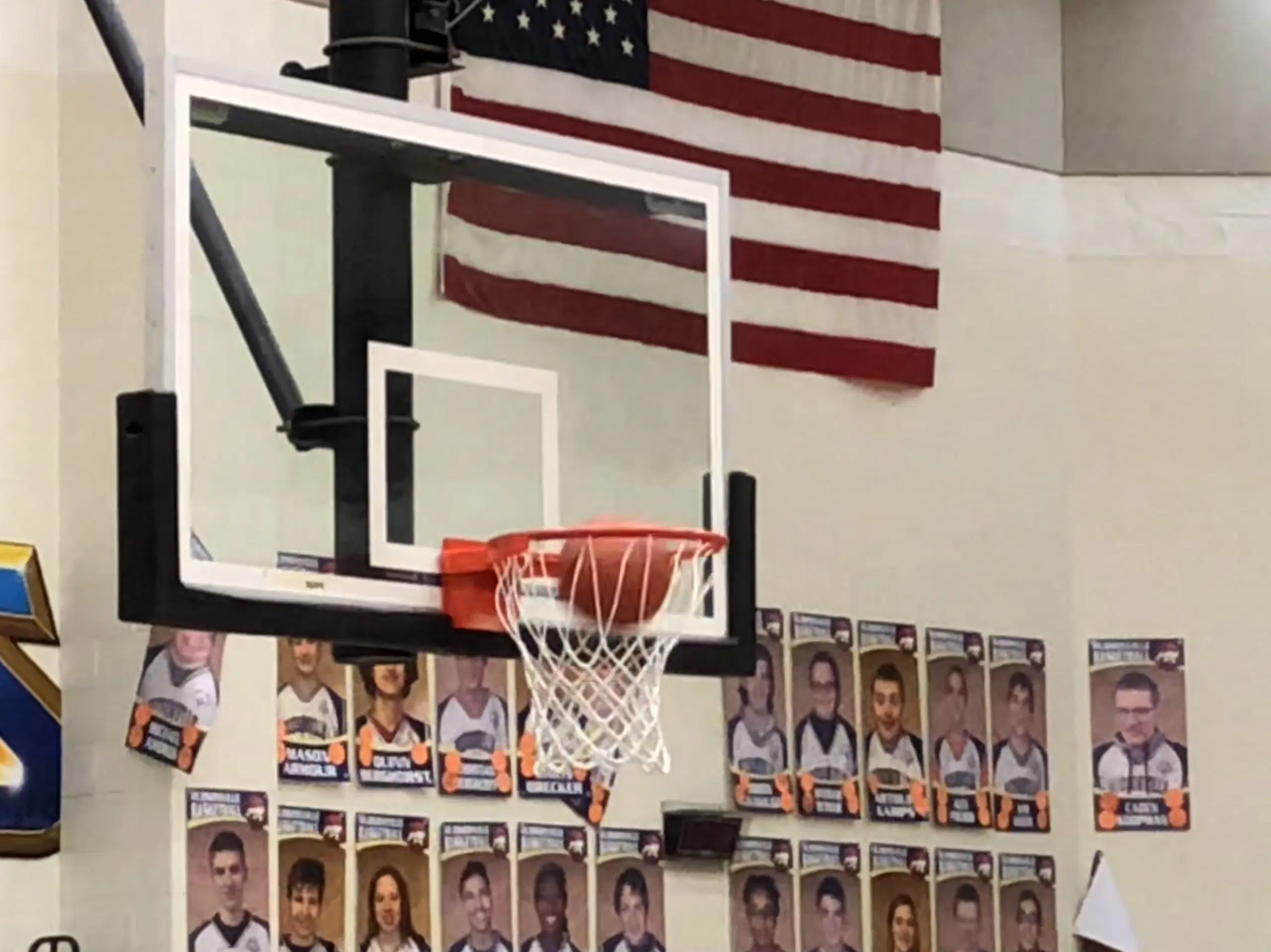By Amy Tennery
NEW YORK (Reuters) – United States defender Naomi Girma completes her meteoric rise from national team debutant to the Women’s World Cup stage next month and many are predicting she will be a key player for the four-times champions for many years.
The 23-year-old centre back first played for the senior U.S. team last year and quickly settled in to earn a place in Vlatko Andonovski’s World Cup squad.
“She’s threading balls down the middle of the field, skipping, bypassing the midfielders, playing it into the forwards’ feet,” retired two-time World Cup winner Carli Lloyd told Reuters.
“She’s playing well ahead of her time for the little experience she’s had. It’s really impressive,” added Lloyd who is now a Fox Sports analyst.
Girma has overcome problems on her journey to soccer’s biggest stage, forced to withdraw due to injury from her first senior call-up in 2019 and suffering a serious knee problem in 2020.
“For me it feels like a lot of hard work coming together,” she told Reuters.
“There was like a lot of work that went behind the scenes, because I went out injured and not playing… it was really gratifying and rewarding to feel like it was paying off and putting me in a better position.”
Girma will be particularly crucial for the U.S. after veteran Becky Sauerbrunn, long-time bedrock of the defence, announced last week she would miss the World Cup due to injury.
“Her potential is one of the highest bars of potential I’ve seen in a person in a long time,” said Briana Scurry, the goalkeeper in the United States’ 1999 World Cup-winning team.
Scurry, the host of the “Counterattack” podcast, told Reuters it is “almost blinding how quickly” Girma has improved and believes the Stanford graduate is a future team captain.
“She can read the play really well so she knows where to be in advance. And that’s not something that a younger player normally possesses,” said the twice Olympic gold medallist.
“I wouldn’t be surprised if she were a captain at one point in time.”
Girma is also keenly aware of her potential to inspire the next generation, as the daughter of Ethiopian immigrants whose father instilled in her a passion for the game and started a local soccer program where she and her brother could play.
“When I was younger, seeing someone who had a similar background as me, looked like me in any high position – it didn’t even have to be soccer-specific – competing at a high level was always so inspiring,” she said.
“I’m hoping that kids can see me and get that similar feeling and that same excitement.”
(Reporting by Amy Tennery in New York, editing by Ed Osmond)






